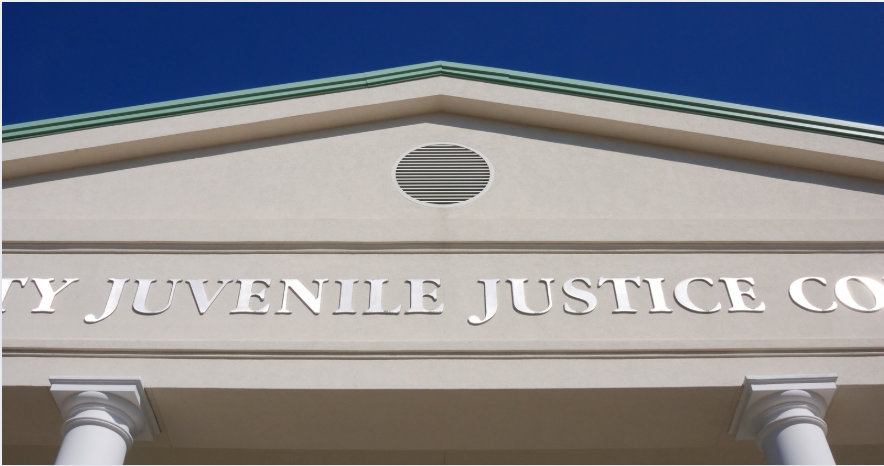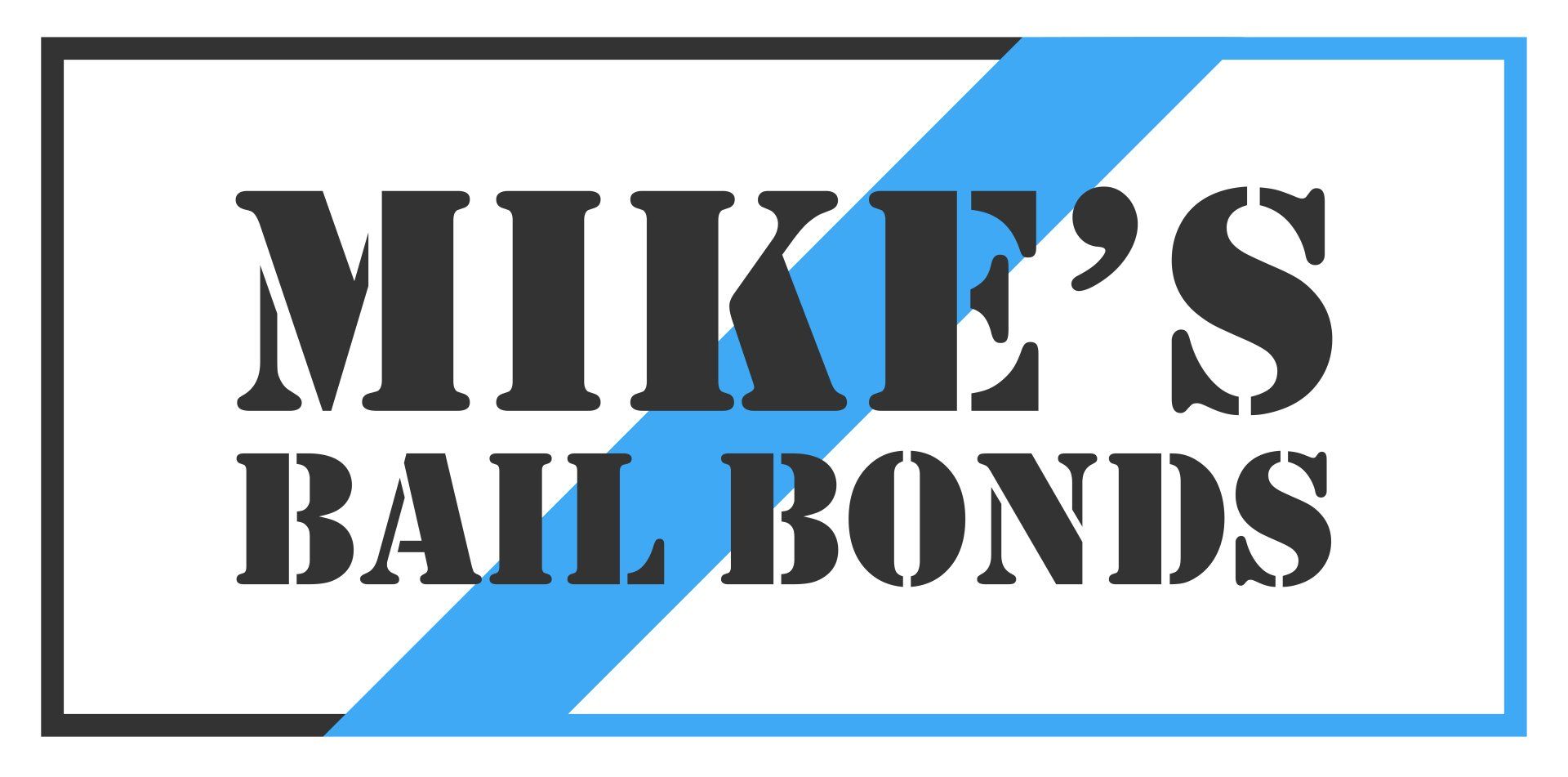Bail Bonds vs. Bail: Understanding the Difference
When it comes to the legal system, terms like "bail" and "bail bonds" are often used interchangeably. However, understanding the difference between the two is crucial for anyone who finds themselves or a loved one entangled in legal troubles. In this blog post, we will explore the contrasting concepts of bail and bail bonds, shedding light on their definitions, functions, and implications. By the end, you'll have a clearer understanding of these two essential aspects of the legal process.
The Basics of Bail
Bail refers to the temporary release of a defendant from custody, pending their trial or resolution of their case. It serves the purpose of ensuring that individuals charged with a crime appear in court as required and guarantees their presence during legal proceedings. The amount of bail is determined by a judge or magistrate based on various factors, including the severity of the alleged crime, the defendant's criminal history, flight risk, ties to the community, and financial circumstances. The objective is to establish an amount that ensures the defendant's appearance in court while also maintaining public safety.
Types of Bail
In addition to understanding the purpose and setting of bail, it's essential to explore the different types of bail that can be granted in legal cases. Here are some common types:
Cash Bail: Cash bail requires the defendant or their representative to pay the full bail amount in cash directly to the court. Once the legal proceedings are complete, and the defendant has fulfilled their obligations, the bail amount is refunded, minus any administrative fees.
Property Bond: In certain cases, a defendant may opt for a property bond. This type of bond involves using property, such as a house or land, as collateral to secure the defendant's release. If the defendant fails to meet the court's requirements, the property may be seized by the court.
Release on Recognizance (ROR): ROR is a type of bail where the defendant is released without the need for a financial guarantee. The court allows the defendant's release based on their promise to appear for all court proceedings. This type of bail is typically granted to individuals with strong community ties and a low flight risk.
Understanding Bail Bonds
While bail provides an avenue for defendants to secure their release from custody, not everyone has the financial means to pay the full bail amount. That's where bail bonds come into play. Here's what you need to know:
Definition and Purpose: A bail bond is a financial guarantee provided by a bail bondsman or a bail bond company on behalf of a defendant. The bail bondsman acts as a surety, promising the court that the defendant will appear for all required court proceedings.
Working Mechanism: When a defendant opts for a bail bond, they pay a fee, typically a percentage of the total bail amount, to the bail bondsman. In return, the bail bondsman posts the full bail on behalf of the defendant, enabling their release from custody.
Financial Implications: Unlike bail, where the amount paid to the court is refundable, the fee paid to a bail bondsman is non-refundable. This fee serves as the compensation for the bondsman's services and the risk they undertake by guaranteeing the defendant's appearance in court.
Comparing Bail Bonds vs. Bail
There are multiple differences when it comes to comparing bail bonds to bail, which are outlined below:
Financial Aspect. Bail requires the defendant or their representative to pay the full bail amount directly to the court, while bail bonds involve paying a smaller fee to a bail bondsman who then posts the bail on behalf of the defendant.
Refundability. Bail is fully refundable (minus any administrative fees) if the defendant complies with the court's requirements, while the fee paid to a bail bondsman is non-refundable, regardless of the case's outcome.
Financial Accessibility. Bail bonds provide an option for defendants who cannot afford the full bail amount, as they only need to pay a percentage of the total bail as a fee.
Mike's Bail Bonds
Can Help You Understand the Bail & Bonds Process
Distinguishing between bail and bail bonds is essential for anyone navigating the legal system. While bail serves as a temporary release from custody based on the full amount paid to the court, bail bonds offer an alternative by involving a bail bondsman who guarantees the full bail amount for a non-refundable fee. By understanding these differences, individuals can make informed decisions when confronted with legal troubles, ensuring a smoother journey through the complex legal process. If you need help understanding the whole bail and bail bonds process, do not hesitate to reach out to Mike's Bail Bonds in Middletown, CT. We have over 20 years of industry experience, and we're open 24/7 to serve you and your family whenever you need us!








Contact Us
For more information or to contact us now, call us at (860) 855-6453 or fill out the form below to contact us online.
We will get back to you as soon as possible
Please try again later


